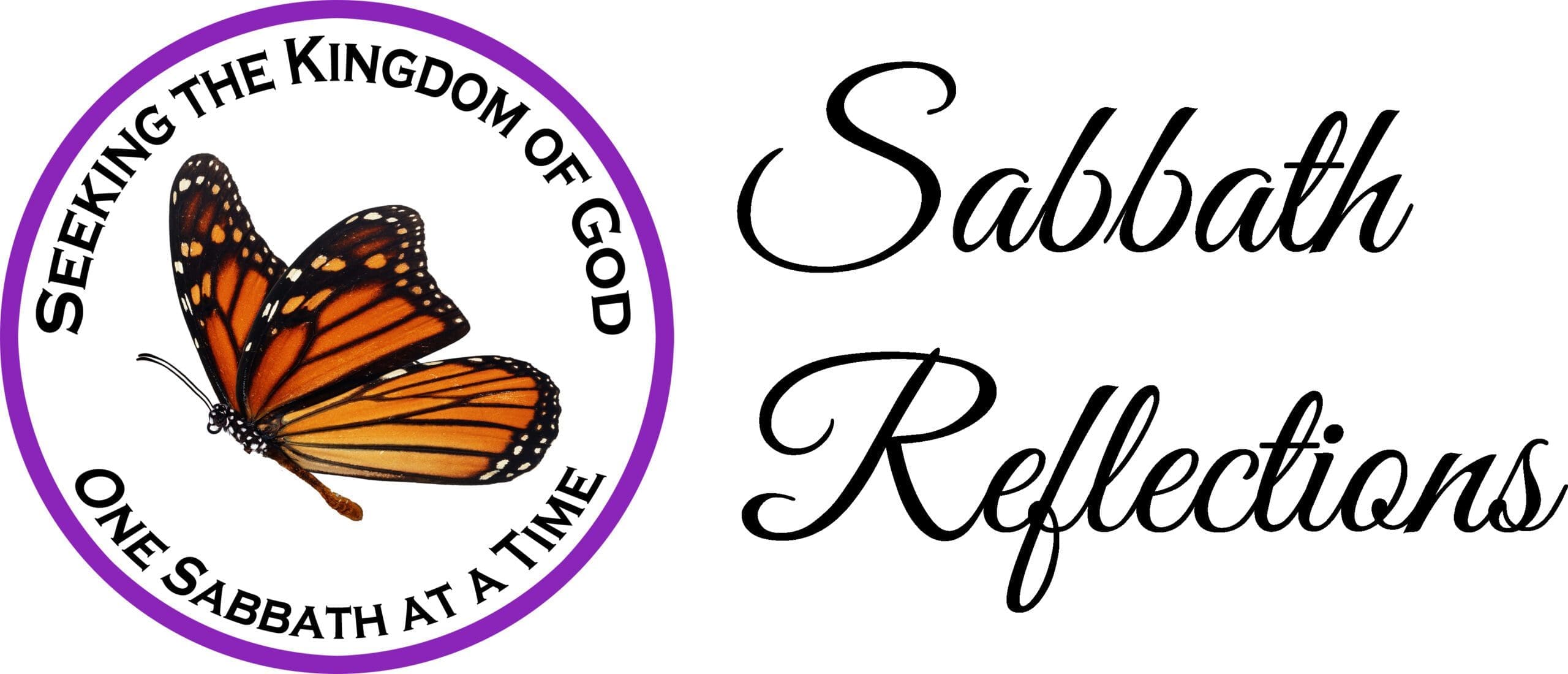A LIVING SACRIFICE
In ancient times, the Israelites were given numerous types of animal sacrifices to perform including the burnt, sin, trespass, peace, and grain offerings. They were not only a part of the national ceremonies on holydays, new moons, etc., they were also a part of individual worship. For example, the sin and trespass offerings were performed when someone transgressed God’s Law. The freewill peace and grain offerings were used when someone wanted to honor and give thanks to God.
Animal sacrifices were part of the temple rites and rituals that fell under the responsibilities of the priests. However, as Paul explains in Hebrews chapters 6-10, the Aaronic and Levitical priesthood has been superceded by the Melchizedek priesthood with Jesus Christ as the High Priest. Likewise, all animal sacrifices have been replaced in the New Covenant with a different type of sacrifice:
ROMANS 12:1 I beseech you therefore, brethren, by the mercies of God, that you present your bodies a living sacrifice, holy, acceptable to God, which is your reasonable service.
What kind of sacrifice is a living sacrifice? What was the example of Jesus?
EPHESIANS 5:2 And walk in love, as Christ also has loved us and given Himself for us, an offering and a sacrifice to God for sweet-smelling aroma.
Jesus Christ presented His whole body a sacrifice unto God and it was completely accepted. The term “sweet-smelling aroma” was always used in the Old Testament in conjunction with an “offering made by fire”. As a sweet-smelling aroma, the sacrifice of Jesus was both through “fire” and accepted by God. In fact, the offering of Jesus Christ was a total sacrifice through His death:
HEBREWS 10:5-10 Therefore, when He came into the world, He said: “Sacrifice and offering You did not desire, but a body You have prepared for Me. 6 In burnt offerings and sacrifices for sin You had no pleasure. 7 Then I said, ‘Behold, I have come– In the volume of the book it is written of Me– To do Your will, O God.’ “ 8 Previously saying, “Sacrifice and offering, burnt offerings, and offerings for sin You did not desire, nor had pleasure in them” (which are offered according to the law), 9 then He said, “Behold, I have come to do Your will, O God.” He takes away the first that He may establish the second. 10 By that will we have been sanctified through the offering of the body of Jesus Christ once for all.
Because of this, there is no sacrifice greater or more acceptable to God than the death of His Son Jesus Christ; so how can we be a living sacrifice unto God? What can even remotely be acceptable or pleasing unto our Father? One that most have heard about is the sacrifice of praise; that is the words of praise we offer through prayer and hymns to God[1]:
HEBREWS 13:15 Therefore by Him let us continually offer the sacrifice of praise to God, that is, the fruit of our lips, giving thanks to His name.
However, just as there was more than one type of animal sacrifice, there are other sacrifices we can offer up. Closely resembling the sacrifice of praise is the sacrifice of thanksgiving:
PSALM 107:22 Let them sacrifice the sacrifices of thanksgiving, and declare His works with rejoicing.
How thankful are we for the total sacrifice of Jesus Christ which makes possible our eternal salvation? How thankful are we for God who has called us to be His children now and forever? Is this a daily sacrifice we ignore? Just as the Levites offered daily sacrifices, we should perform this sacrifice every day! Remember these are our reasonable service, something that is a minimal expectation of God.
What about a sacrifice of righteousness? Did you know that there is one?[2]
PSALM 4:5 Offer the sacrifices of righteousness, and put your trust in the LORD.
Righteousness is the keeping of God’s commandments (Psalms 119:172). This is a daily offering because we cannot escape this incredibly sinful world nor are we ever clean before God for very long. Every time we choose to obey God in the face of evil or our own lusts, it is a sacrifice to Him.
Another sacrifice that God desires is joy:
PSALM 27:6 And now my head shall be lifted up above my enemies all around me; therefore I will offer sacrifices of joy in His tabernacle; I will sing, yes, I will sing praises to the LORD.
Interestingly, the word for joy is translated jubilee in Leviticus 25:9:
LEVITICUS 25:9 ‘Then you shall cause the trumpet of the Jubilee to sound on the tenth day of the seventh month; on the Day of Atonement you shall make the trumpet to sound throughout all your land.
What does this mean? The Day of Atonement is a day of afflicting our souls. We suffer physically and are tormented. But in this state we are closer to God and rejoice because of His promises of eternal life through the sacrifice of Jesus Christ. While we physically suffer, we spiritually rejoice!
Finally, just as the Israelites had five animal sacrifices, there are five spiritual sacrifices mentioned in the Bible. The first four we have already mentioned (praise, thanksgiving, righteousness, and joy). The last one is a humble and contrite heart:
PSALM 51:17 The sacrifices of God are a broken spirit, a broken and a contrite heart– These, O God, You will not despise.
Being contrite is simply remorse for being guilty of sin. Knowing the sacrifice of Jesus Christ and coming face-to-face with our own sins whereby we killed the Son of God, can we be anything other than humble and contrite? What did the people say at the preaching of Peter?
ACTS 2:37 Now when they heard this, they were cut to [pierced in] the heart, and said to Peter and the rest of the apostles, “Men and brethren, what shall we do?”
Their cry was one of desperation from those who are truly repentant and who know how hopeless their situation has become.
Over time, Israel lost the meaning of the animal sacrifices they were commanded to offer. Notice:
HOSEA 8:13 For the sacrifices of My offerings they sacrifice flesh and eat it, But the LORD does not accept them. Now He will remember their iniquity and punish their sins. They shall return to Egypt.
The Israelites were sacrificing flesh (animals) for offerings unto God, forgetting the reason and purpose behind them as well as the attitude they should have. This is why God said:
PSALM 40:6 Sacrifice and offering You [God] did not desire; my ears You have opened. Burnt offering and sin offering You did not require.
It is not about the killing of an animal, it is what is in the heart of a person that makes a sacrifice a “sweet-smelling aroma”. Knowing what Jesus Christ gave for us, can our sacrifices be anything less than offerings of praise, thanksgiving, righteousness, joy and humility with remorse?
May God’s grace and peace be upon you!
Steven Greene
https://sabbathreflections.org



1 comment
Lee
WOW!! THANKS SO MUCH for explaining this and putting this together!! It has been EXTREMELY helpful and enlightening to me!! I have never heard this explained before now!! EXCELLENT!!